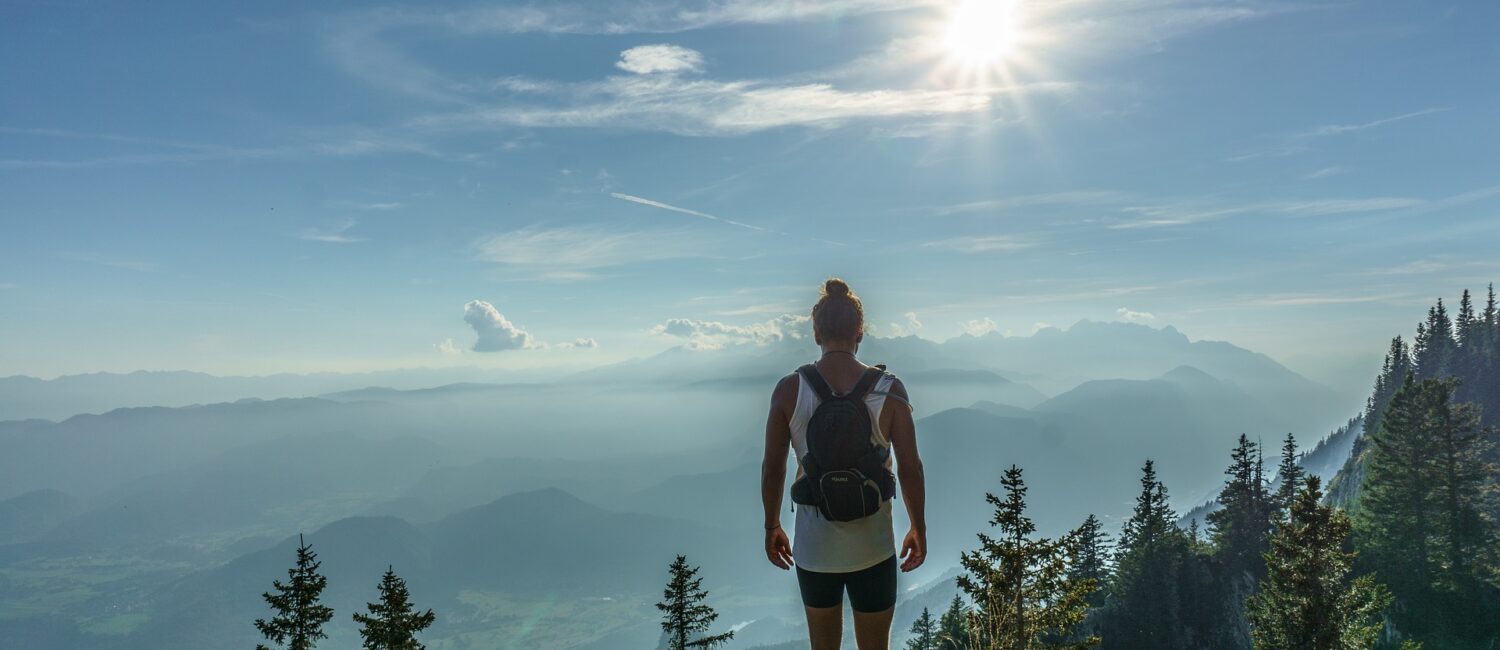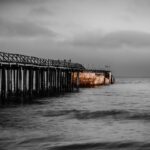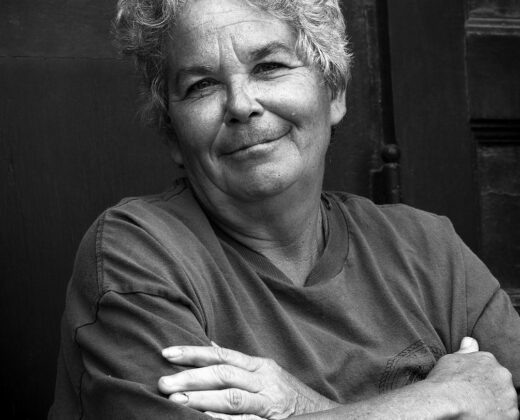In a few minutes there was, so far as the soldier could see, not a living thing left upon the common, and every bush and tree upon it that was not already a blackened skeleton was burning. The hussars had been on the road beyond the curvature of the ground, and he saw nothing of them.
Later this shield staggered up on tripod legs and became the first of the fighting-machines I had seen. The gun he drove had been unlimbered near Horsell, in order to command the sand pits, and its arrival it was that had precipitated the action. As the limber gunners went to the rear, his horse trod in a rabbit hole and came down, throwing him into a depression of the ground. At the same moment the gun exploded behind him, the ammunition blew up, there was fire all about him, and he found himself lying under a heap of charred dead men and dead horses.
“I lay still,” he said, “scared out of my wits, with the fore quarter of a horse atop of me. We’d been wiped out. And the smell–good God! Like burnt meat! I was hurt across the back by the fall of the horse, and there I had to lie until I felt better. Just like parade it had been a minute before–then stumble, bang, swish!”
He had hid under the dead horse for a long time, peeping out furtively across the common. The Cardigan men had tried a rush, in skirmishing order, at the pit, simply to be swept out of existence. Then the monster had risen to its feet and had begun to walk leisurely to and fro across the common among the few fugitives, with its headlike hood turning about exactly like the head of a cowled human being. A kind of arm carried a complicated metallic case, about which green flashes scintillated, and out of the funnel of this there smoked the Heat-Ray.
He heard the Martians rattle for a time and then become still. The giant saved Woking station and its cluster of houses until the last; then in a moment the Heat-Ray was brought to bear, and the town became a heap of fiery ruins. Then the Thing shut off the Heat-Ray, and turning its back upon the artilleryman, began to waddle away towards the smouldering pine woods that sheltered the second cylinder. As it did so a second glittering Titan built itself up out of the pit.
The second monster followed the first, and at that the artilleryman began to crawl very cautiously across the hot heather ash towards Horsell. He managed to get alive into the ditch by the side of the road, and so escaped to Woking. There his story became ejaculatory. The place was impassable. It seems there were a few people alive there, frantic for the most part and many burned and scalded. He was turned aside by the fire, and hid among some almost scorching heaps of broken wall as one of the Martian giants returned. He saw this one pursue a man, catch him up in one of its steely tentacles, and knock his head against the trunk of a pine tree. At last, after nightfall, the artilleryman made a rush for it and got over the railway embankment.
Since then he had been skulking along towards Maybury, in the hope of getting out of danger Londonward. People were hiding in trenches and cellars, and many of the survivors had made off towards Woking village and Send. He had been consumed with thirst until he found one of the water mains near the railway arch smashed, and the water bubbling out like a spring upon the road.
That was the story I got from him, bit by bit. He grew calmer telling me and trying to make me see the things he had seen. He had eaten no food since midday, he told me early in his narrative, and I found some mutton and bread in the pantry and brought it into the room. We lit no lamp for fear of attracting the Martians, and ever and again our hands would touch upon bread or meat. As he talked, things about us came darkly out of the darkness, and the trampled bushes and broken rose trees outside the window grew distinct. It would seem that a number of men or animals had rushed across the lawn. I began to see his face, blackened and haggard, as no doubt mine was also.
When we had finished eating we went softly upstairs to my study, and I looked again out of the open window. In one night the valley had become a valley of ashes. The fires had dwindled now. Where flames had been there were now streamers of smoke; but the countless ruins of shattered and gutted houses and blasted and blackened trees that the night had hidden stood out now gaunt and terrible in the pitiless light of dawn. Yet here and there some object had had the luck to escape–a white railway signal here, the end of a greenhouse there, white and fresh amid the wreckage. Never before in the history of warfare had destruction been so indiscriminate and so universal. And shining with the growing light of the east, three of the metallic giants stood about the pit, their cowls rotating as though they were surveying the desolation they had made.









